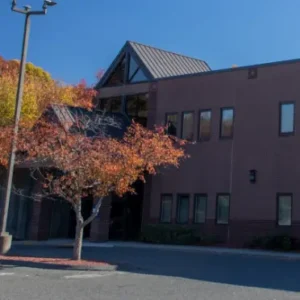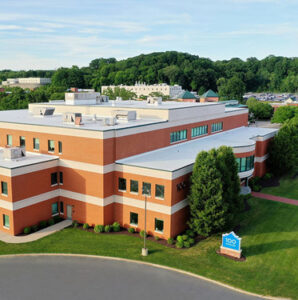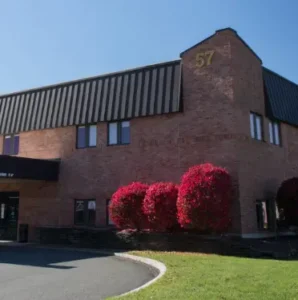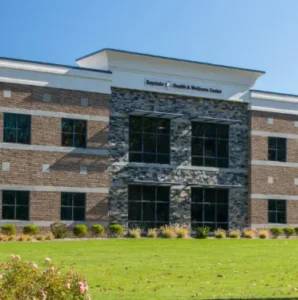Skin Cancer Treatment
Skin Cancer Treatment by Board-Certified Dermatologists
Advanced Skin Cancer Care and Prevention
While a skin cancer diagnosis can be life-changing, several effective treatment options are available. Early diagnosis plays an essential role in getting you the right kind of treatment so you can get back to your normal routine. At New England Dermatology & Laser Center, we offer customized skin cancer treatment options for people from Springfield, Longmeadow, Northampton, and Westfield, MA, and surrounding communities.

What Are the Main Causes of Skin Cancer?
More than 90% of skin cancers are caused by ultraviolet rays (UV) from the sun and UV tanning beds. These harmful rays cause DNA damage on the skin’s surface, leading to skin cells rapidly multiplying, causing the formation of malignant tumors.
Types of Skin Cancer
The most common types of skin cancer are basal cell carcinoma (BCC), squamous cell carcinoma (SCC), and melanoma.
Basal Cell Carcinoma (BCC)
According to the Skin Cancer Foundation, BCC is the most common and frequently occurring form of all skin cancers. This skin cancer occurs due to abnormal and uncontrolled growth in the basal cells. The lesions can look like open sores, red patches, or shiny bumps. Because BCC progresses slowly, it’s easily curable when caught and treated early.
Squamous Cell Carcinoma (SCC)
SCC growths occur on the ears, face, scalp, neck, and hands due to long-term UV radiation exposure from the sun and tanning beds. This is a rapidly growing skin cancer that can metastasize if not caught and treated early. SCC lesions appear in the form of scaly red patches, open sores, or raised lesions with a depression in the center.
Melanoma
This type of skin cancer develops in the skill cells that produce melanin pigment. You can experience melanoma in any area of your body regardless of if that area is frequently exposed to the sun or tanning beds.
Advanced Care for Every Type of Skin Cancer
What Are My Skin Cancer Treatment Options?
At New England Dermatology & Laser Center in Massachusetts, we offer surgical and nonsurgical treatment options based on the type of skin cancer, the location of the skin cancer, and the cancer stage.
Skin Cancer Excision
Excision involves using a surgical blade to remove the skin cancer along with a section of skin around it. This procedure is performed in-office with a local anesthetic to keep you comfortable.
Photodynamic Therapy
This treatment combines light energy with a photosensitizer to remove pre-cancerous and cancerous lesions.
Mohs Surgery
Curettage and Electrodessication
During this treatment, a sharp instrument is used to remove cancer cells, and the area is then cauterized to remove any remaining cells. Curettage and electrodesiccation are typically used to treat basal cell and squamous cell skin cancers.
Find a Specialist
Our board-certified dermatologists can help you improve your acne so you can feel confident in your skin. We will assess your skin needs and provide the most effective acne treatment. Learn more about our medical team at the New England Dermatology & Laser Center or call us at (413) 733-9600 to schedule an appointment at one of our MA offices.






